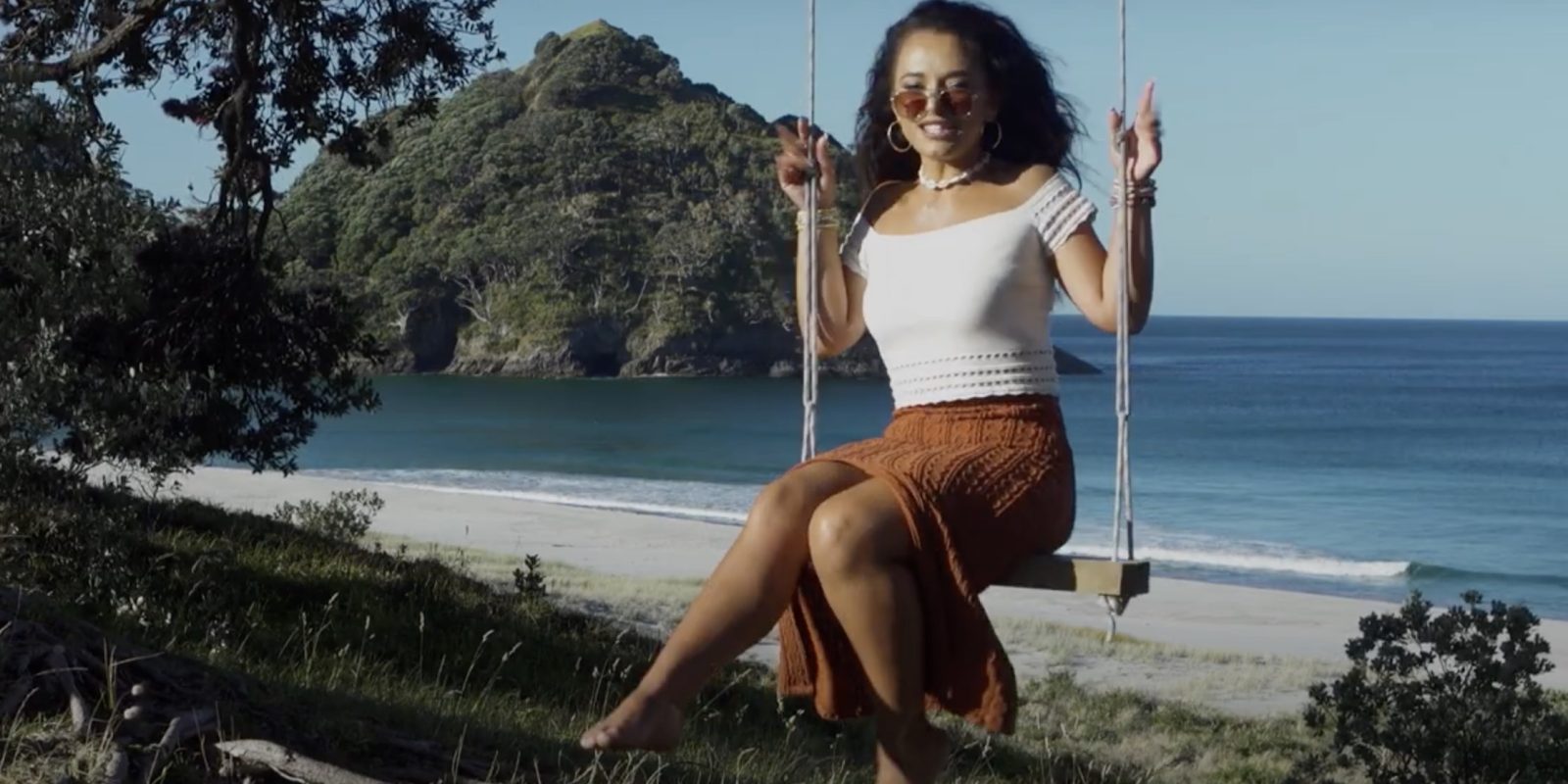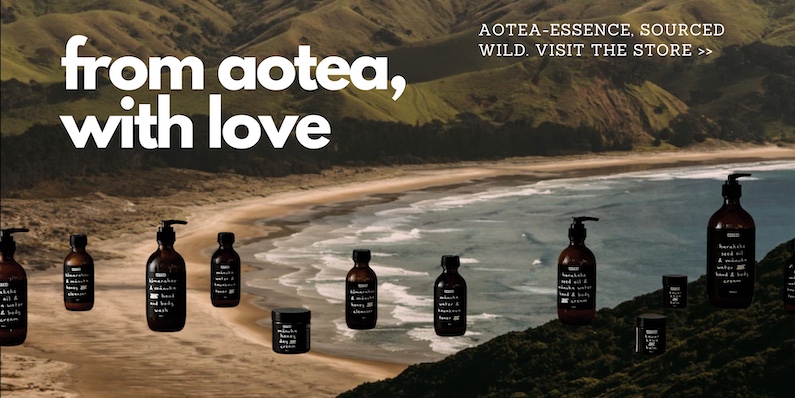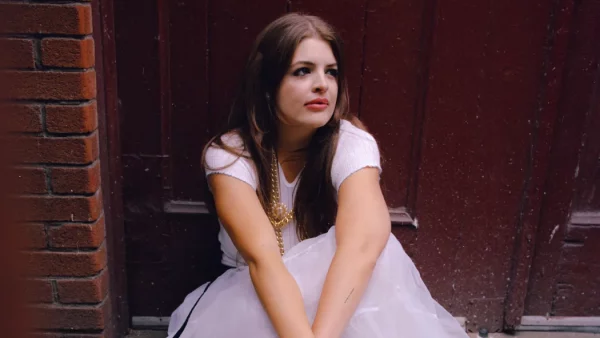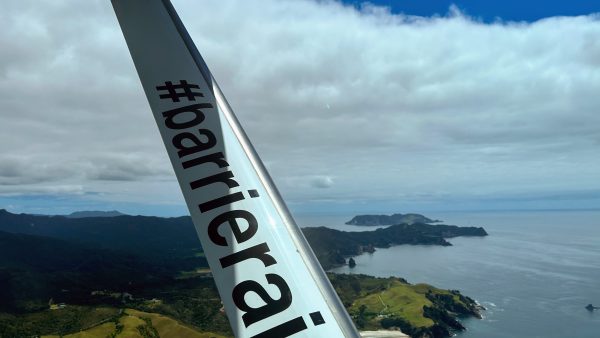There’s something hypnotic about Bumble Bee. It doesn’t hustle for attention, and it never raises its voice — but by the end, you’re all in. It’s a track that feels like it was grown, not made. And maybe that’s because it was.
Local artist Waii sings it like a secret. Park strums it like a memory. The result is something utterly sincere, a bit surreal, and quietly addictive.
“Like a bumble bee through the jungle / from the mountain to the sea…”
From the opening line, you’re in motion — floating through rhythms of work, desire, and daydream. There’s flirtation in the lyrics, but also fatigue: “Is this working shift to shift?” The bumble bee metaphor becomes a gentle assertion of agency: she’s the one moving, choosing, flying — and asking whether anyone’s really worth slowing down for.
And then there’s the hook:
“Bumble bee, I’m a bumble bumble bee / Won’t you get high with me?”
It’s part chant, part charm. The kind of line you think you’re humming as a joke — until you realise you’re still humming it three hours later.
Musically, it lands somewhere between BENEE and early Unknown Mortal Orchestra, with a pinch of L.A.B. or Muroki thrown in for warmth. It’s a smooth, laid-back groove track with a touch of lo-fi funk and island soul — the kind of thing that feels made for warm evenings: barefoot on a wooden deck, the tide out, drinks in hand.
Light percussion, fuzzy synths, and a lazily sliding bassline give it a slightly psychedelic feel. There’s reverb in all the right places — not overwhelming, just enough to stretch everything out like sunlight on water.
Mood: Dreamy, playful, a bit flirty — but with deeper roots. It wanders, but never feels lost.
Visually, the song is just as grounded. The music video rolls across Barrier like a dream sequence on a Sunday afternoon: Waii swinging above the sea, Wendell driving a first-gen VW Golf past Kaitoke and Awana, landscapes familiar to anyone who’s lived a season or two here. It’s not performance — it’s portraiture.
That’s the magic here. Bumble Bee doesn’t posture. It doesn’t need permission. It’s poetic without being precious. There’s something raw and beautiful about hearing locals reflect the island’s tempo — not in slogans or symbols, but in the feel of a song.
In a world of manufactured chart-chasers, this feels like the opposite: handpicked, homemade, unbothered — and better for it.







